Kursk and other Russian regions bordering Ukraine play an important role in the Russian economy, especially in agricultural production. Often referred to as Russia's "breadbasket" - the Kursk and Belgorod regions are agricultural centers that contribute significantly to the country's food security.
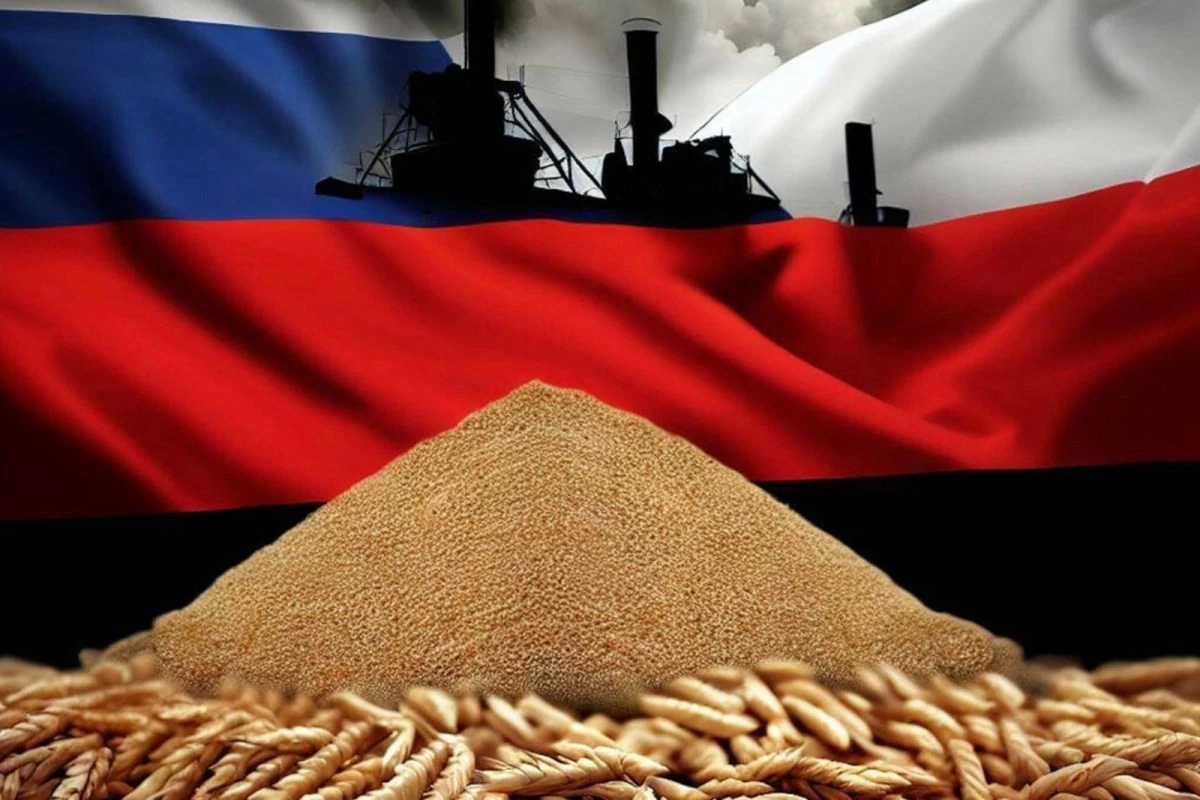 |
| Kursk Situation: How Important is the Economy of the Ukraine-Stricken Region to Russia? (Source: X Screengrab) |
Ukrainian troops crossed the border and launched a surprise attack on the Kursk region of Russia on August 6. Ten days after entering Russian territory, Ukraine controlled more than 1,100 square kilometers. Russian President Vladimir Putin called the move a "major provocation." Ukrainian President Volodymyr Zelensky said on August 22 that Ukraine's offensive was part of a "systematic" effort to end the conflict with Russia on Kiev's terms, according to Reuters .
International analysts say that, in any case, the scale and extent of the invasion has added a new risk – an uncompromising confrontation, as the Russia-Ukraine conflict has dragged on into its third year.
Putting aside the complexities of the military conflict and considering only the economic impact, observers assess that Ukraine's offensive in the Kursk region has had only a limited economic impact on Moscow so far, but there are still important points where the damage could increase.
Kursk region ranked 37th in terms of total exports and 43rd in terms of total imports in the Russian economy, as of January 2022.
In addition to its importance as an administrative center, Kursk is also an industrial center. Industrial activity in Kursk is mainly concentrated in the iron, chemical and large food processing industries. In particular, it is known for having the largest iron ore reserves in the world - the iron content of the ore ranges from 35% to 60%.
Only a mid-sized region in terms of gross regional product — just $7.5 billion, five times smaller than Moscow — Kursk is nevertheless important to the Russian economy in other ways, including as a transit point for Russian gas to Europe via Ukraine.
One notable location is the town of Sudzha and its suburbs, where there is a gas metering station (GMS) just 300 metres from the border, where Russian fuel enters Ukraine and is then delivered to European buyers, including Austria, Hungary and Slovakia. The station is one of five GMSs in the region, but it is the largest and best equipped.
When the Ukrainian military incursion occurred, despite initial panic, Russian gas continued to flow through Sudzha – with neither Kiev nor Moscow declaring any intention to cut off supplies.
According to Gazprom, the current volume of Russian gas transiting Ukraine is estimated at 41-42.4 million cubic meters per day. Although the revenue from the transit agreement is only modest at around $800 million, it allows Ukraine to maintain its transport system while maintaining gas prices in Europe. According to calculations by analyst Sergei Kaufman and the independent website Meduza, a transit ban would increase spot gas prices by about 20%.
For Russia, the benefits of continued transit are also clear. By 2023, Ukraine’s transit route will account for about half of the small amount of gas that Russia still ships to Europe, generating revenues of about $7-8 billion. For Russian gas giant Gazprom, meanwhile, Ukraine’s transit supplies account for about 15% of the company’s revenue.
Another important Russian facility near the scene of the fighting is the Kursk Nuclear Power Plant — which also appears to have escaped harm. Located about 40 kilometers (25 miles) southwest of Kurchatov, the Kursk Nuclear Power Plant is a combination of four RBMK-1000 reactors — high-power channel reactors. Of the reactors at the Kursk Nuclear Power Plant, the oldest has been operating since 1977 and the newest since 1986.
One notable point about the Kursk region in its contribution to the Russian economy is that it is the center of the agricultural region "Black Belt" - with its very special rich black soil. This is one of the regions famous for its fertile soil and favorable climate, suitable for growing many different crops, including wheat, barley and corn.
Currently, the Kursk region contributes 2.7% of Russia's total agricultural output, according to official data for 2023. The region accounts for about 14% of oilseed agricultural land and 11% of grain land in the Central Federal District, which includes the traditional agricultural regions of Voronezh and Belgorod.
Although agriculture accounts for a relatively small proportion of Russia’s GDP, it remains an important sector in ensuring self-sufficiency in food production. These regions play a key role in maintaining domestic food supplies and reducing the need for imports. The region’s “responsibility” for food security has become even more important following international sanctions and economic pressures resulting from the military campaign.
However, most of the region's major facilities — such as the Kursk Meat Processing Plant, the Artel Agricultural Company and the Agroproduct Grain Processing Company — are "out of reach" of an attack from Ukraine.
The harvest of grain and oilseeds in the region is continuing, said Natalya Goncharova, head of the Kursk agriculture department.
Meanwhile, Andrei Sizov, head of the agricultural consultancy Sovecon, said on his Telegram channel that the actual direct impact on the Kursk region's harvest is minimal. Kiev currently controls only a few percent of the Kursk region's total area — about 700-1,000 square kilometers out of a total of 30,000 square kilometers — while harvesting a significant part of the crop is almost complete — the wheat crop has been harvested on more than 90 percent of the region's land, Sizov explained.
"Therefore, the current invasion of the Kursk region by the Ukrainian army does not cause direct economic losses. However, the Kursk incident could cause "a new round of escalation", which could push up wheat prices," Mr. Sizov said.
According to international observers, "a similar scenario could also occur if trade in the Black Sea - a major shipping route for agricultural products - is disrupted.
Likewise, while cutting off Ukraine’s gas transit may seem like a lose-lose situation, there is no guarantee that it won’t happen. The damage may be manageable for both sides in the medium term, but it would sever the remaining economic links between Russia and Europe, raising the potential for a full-scale confrontation, including increased attacks on each other’s energy infrastructure.”
Source: https://baoquocte.vn/tinh-hinh-kursk-kinh-te-vung-bi-ukraine-tan-cong-quan-trong-the-nao-doi-voi-nga-283617.html


![[Photo] Ha Giang: Many key projects under construction during the holiday season](https://vphoto.vietnam.vn/thumb/1200x675/vietnam/resource/IMAGE/2025/5/1/8b8d87a9bd9b4d279bf5c1f71c030dec)
![[Photo] "Lovely" moments on the 30/4 holiday](https://vphoto.vietnam.vn/thumb/1200x675/vietnam/resource/IMAGE/2025/5/1/26d5d698f36b498287397db9e2f9d16c)

![[Photo] Binh Thuan organizes many special festivals on the occasion of April 30 and May 1](https://vphoto.vietnam.vn/thumb/1200x675/vietnam/resource/IMAGE/2025/5/1/5180af1d979642468ef6a3a9755d8d51)


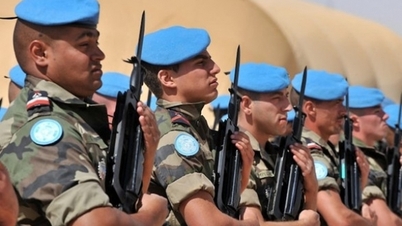


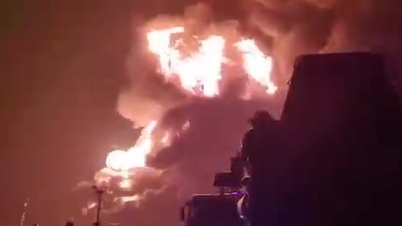


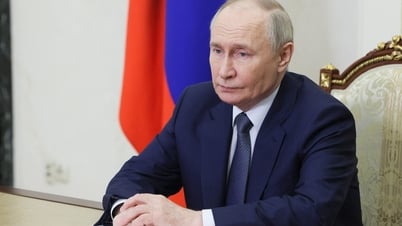
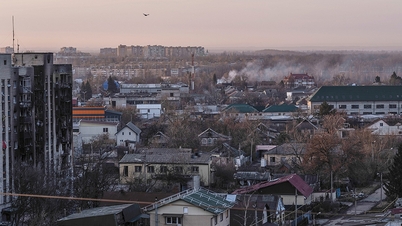





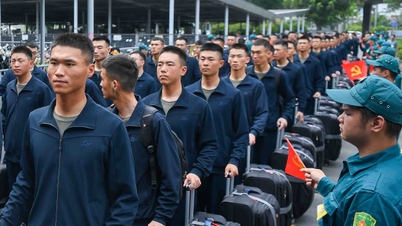




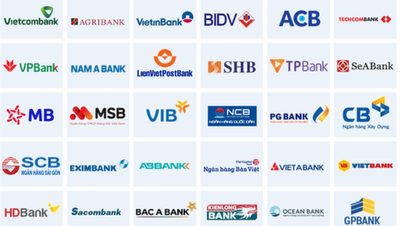




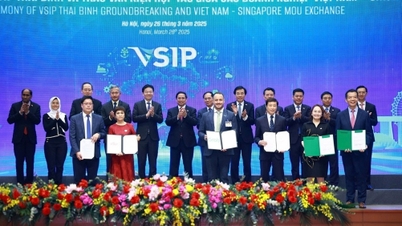













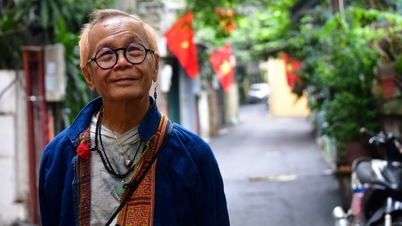



















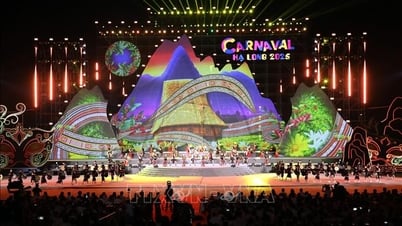














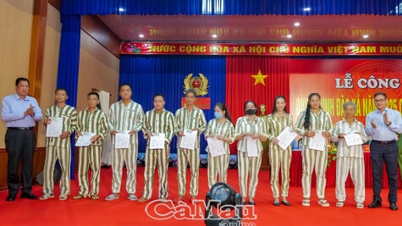







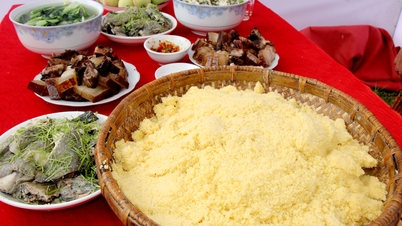












Comment (0)